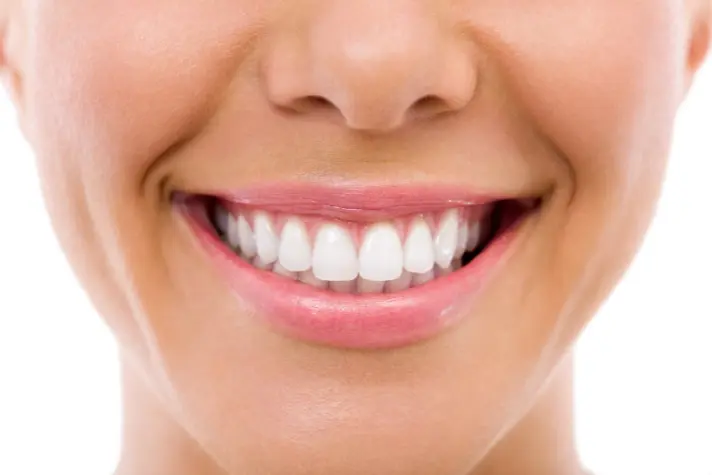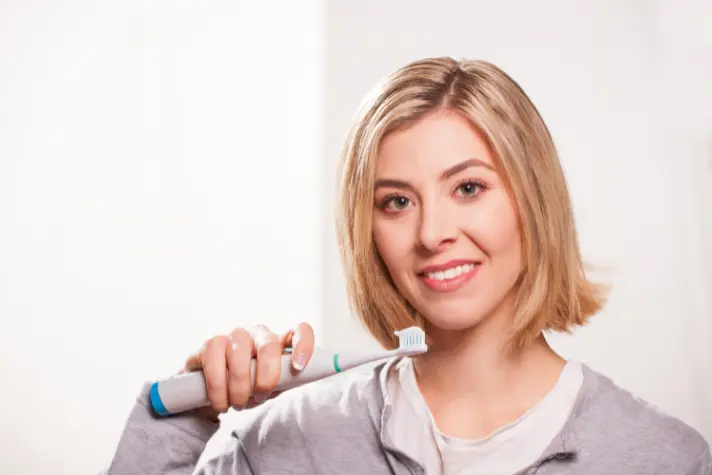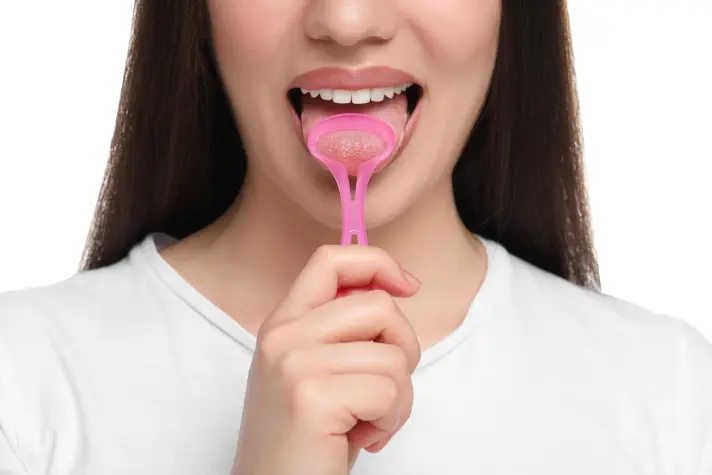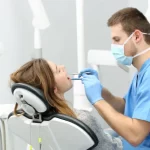
When you set out on the path to good dental health, you can run across several fads and trends that promise to transform your oral hygiene regimen completely. Although several inventions prove advantageous, others can do more damage than good.
You examine dental fads in this guide, which helps you sort through the hype and decide which dental fads are worth including in your dental care regimen.
1. Oil Pulling: The Ancient Practice Under the Modern Spotlight
An age-old Ayurvedic technique called oil pulling has become more and more well-known in dentistry circles nowadays. The method, which claims to eliminate toxins and enhance dental health, is swishing a spoonful of oil – typically coconut or sesame oil – in your mouth for fifteen to twenty minutes.
Oil pulling is based on the theory that oil “pulls” dirt and germs out of your gums and teeth. Oil pulling can help lower plaque and gingivitis, according to some research, but it’s important to approach this trend cautiously.
Brushing and flossing are important oral hygiene routines that shouldn’t be substituted with oil pulling. If you just use oil pulling as part of your regimen, you can be more susceptible to dental problems.
However, it can still be beneficial. To find out how oil pulling might complement your total dental care plan, speak with your dentist.
2. Charcoal Toothpaste: A Black Trend with Cautionary Notes
Charcoal toothpaste has been more popular due to its eye-catching jet-black hue, which promises a Hollywood-worthy grin.
Activated charcoal is a potentially useful whitening agent since it is thought to absorb toxins and stains. But using charcoal toothpaste comes with certain drawbacks. Its abrasive nature has the potential to damage tooth enamel over time, even if it could help remove superficial stains.
Your teeth’s enamel serves as a protective coating, and once it erodes, it cannot be restored. Frequent usage of charcoal toothpaste can result in additional issues, such as heightened tooth sensitivity.
In addition, the American Dental Association (ADA) has disapproved of charcoal toothpaste due to safety and effectiveness issues.
3. Electric Toothbrushes: High-Tech Allies in Dental Care

Electric toothbrushes have become more popular; this is not only a fad. It is a development in dental care.
With features like pressure sensors, timers, and different brush head designs to improve your brushing experience, electric toothbrushes are becoming more and more advanced.
The capacity of electric toothbrushes to deliver reliable, efficient, and regulated brushing is one of its benefits. Compared to hand brushing, the oscillating or rotating motions can help remove plaque more effectively, lowering the risk of cavities and gum disease.
The integrated timers guarantee that you brush for the full two minutes as advised, encouraging diligent dental hygiene. Purchasing a high-quality electric toothbrush might be a smart decision, but it should enhance your oral hygiene regimen rather than replace it.
4. DIY Braces: A Risky Path to Straighter Teeth
The popularity of DIY braces kits can be attributed to the desire for a straighter smile without incurring the expenses and time commitment of professional orthodontic treatment.
Utilizing transparent aligners or other materials in these kits often involves proceeding without the supervision of a qualified orthodontic professional. Attempting to achieve dental alignment without the guidance of a Norwood dentist, or one in your area, can be risky.
The precision and supervision necessary to address the specific intricacies of your oral anatomy are absent in homemade braces. Misaligned teeth may lead to various difficulties, including challenges in biting, jaw discomfort, and difficulties in maintaining proper oral hygiene.
5. Tongue Scraping: An Age-Old Ritual with Modern Benefits

Tongue scraping has become more popular again, with roots in Ayurveda and other ancient traditions. The procedure is gently cleaning the surface of your tongue of dirt and germs using an instrument.
Adding tongue scraping to your dental hygiene regimen might be beneficial. Bacteria on the tongue can cause poor breath and jeopardize dental hygiene in general.
Frequent tongue scraping aids in the eradication of these germs, promoting better dental health and breath. Although scraping the tongue might be helpful, it’s important to utilize the right equipment and technique.
Conclusion
Dental trends are always changing. Therefore, it’s important to approach them wisely and under the advice of professionals. While certain fads, when used sensibly, could be beneficial, others might be harmful to your dental health.
The secret to navigating this terrain and making sure that the decisions you make contribute to a bright, healthy smile for years to come is to speak with your dentist.
Keep in mind that your dentist is your partner in dental care, assisting you in choosing safe and efficient procedures.
About The Author:
Stacey Smith is a freelance health writer. She is passionate about writing about women’s health, dental health, diabetes, endocrinology, and nutrition and provides in-depth features on the latest in health news for medical clinics and health magazines.




